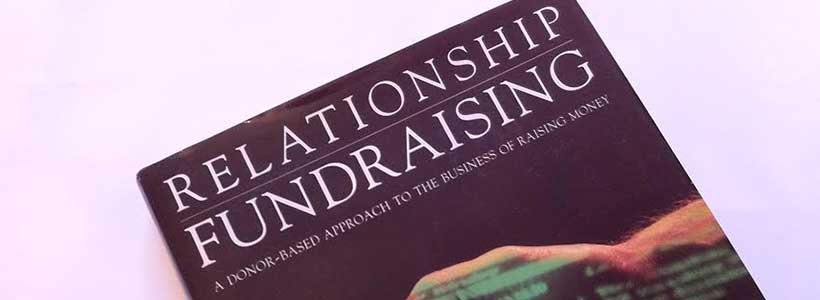New Rogare report focuses on dismantling patriarchal structures in fundraising

Rogare has published a set of recommendations on how to dismantle patriarchal structures in fundraising in a new report, with key recommendations including donor codes of conduct, an awareness campaign to encourage men to call out misogyny, and for ratings agencies and grantfunders to consider charities’ gender performance.
The report, A Blueprint to dismantle patriarchal structures in the fundraising profession, is the culmination of the second phase of Rogare’s work on gender issues in the fundraising profession.
As part of this paper, Rogare has devised its own ‘model’ code of conduct that other organisations can use or adapt. Rogare’s model code has donors to sign up to six statements, which include that they will treat all fundraising staff as knowledgeable professionals, never discriminate against or harass them, and not exploit the power they hold in relationships with fundraisers for personal gain.
Advertisement
The Blueprint is based on ‘Lean Out’ Feminist principles. ‘Lean In’ Feminism attempts to help women prosper within current patriarchal structures – such as by providing training in negotiating a better salary, while Lean Out Feminism challenges that system.
It shows what the project team at Rogare believes need to happen to change the system at three levels: sector level, organisational level and individual level.
Heather Hill, head of head of international philanthropy at Chapel & York and chair of Rogare led this phase of the project. She said:
“Dismantling the patriarchy is such a massive job that it could seem as if anything you do is just a drop in the ocean. It might make ripples, but how do you know if those ripples will ever lead to anything. If you want to make change, what’s the map that shows you how to do that.
“The Rogare Blueprint is designed to provide fundraisers – women and men – with the confidence, by showing them where they can direct their activism for greatest effect.
“If we want to change how individuals act, we need to change how the organisations they work for act, and to do that, we need to make changes to the whole profession of fundraising.
“We firmly believe that transformational structural change starts by changing the way the fundraising profession works at level of sector-wide organisations, so we recommend starting there. But the process of change will have to be initiated and carried through by individuals, and this could start at any level.
“We think that if we can change internal structure of the whole sector and the organisations that are part of it, this will make it much easier for individuals to speak up, be heard and effect further change.”
Blueprint recommendations include:
Level 1 – sectoral
- Sector-wide campaign to raise awareness of misogyny in the workplace and when/how to call it out.
- Template polices (e.g., donor code of conduct, gift refusal).
- Establish a reporting system to collect details of donor harassment.
- Develop training modules to help fundraises learn about and deal with structural inequity. Include gender issues in the syllabuses of professional qualifications.
- Grantmakers to include charities’ gender equality performance as a factor in assessing charities’ suitability as a grant recipient.
- Ratings agencies to include charities gender equality performance as part of their ratings of charities.
Level 2 – organisational
- Implement and publish donor codes of conduct.
- Establish processes to audit, report and log incidents of donor-perpetrated sexual harassment.
- Protocols for complaints investigation and whistle-blowing.
- Anonymise job applications.
- Practise salary transparency by publicising all salaries.
- Proactively include women in succession planning.
- Provide safe spaces for fundraisers to discuss this sensitive and personal issue between colleagues, peers and with management.
Level 3 – individual
- Attend relevant training/workshops etc. – especially if you are a man. Lobby for training to be put in place if it is not provided.
- Confront non-inclusive behaviours.
- Build and develop structures of support with colleagues and peers to enable open discussion and debriefing of current and past incidents.
- Lobby organisations at Levels 1 and 2 to make relevant structural changes.
The next phase of this project will be to brainstorm ideas about implementing and texting the Blueprint. Details will be announced by Rogare shortly. Anyone who would like to join this project team should contact Rogare’s director Ian MacQuillin via LinkedIn or email at ia***********@****re.net.




